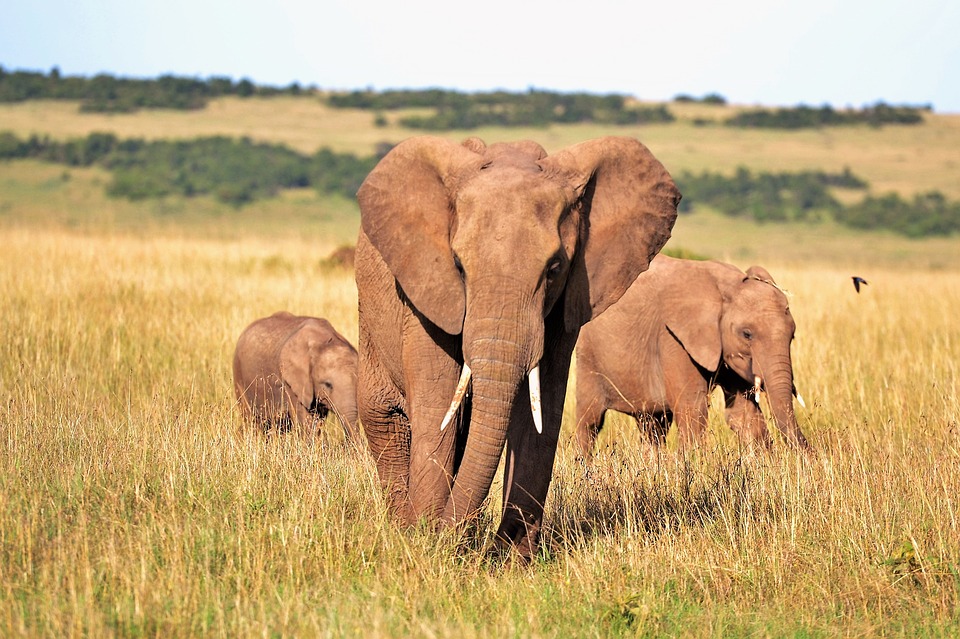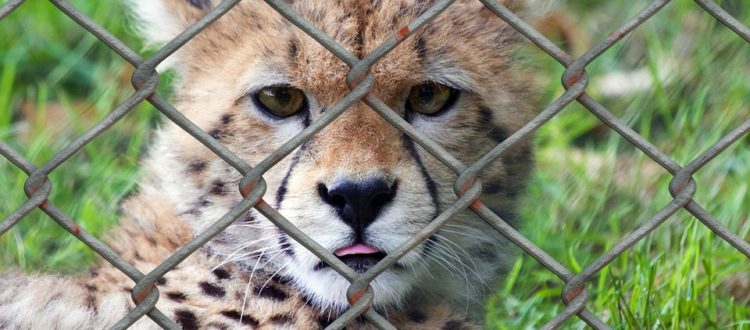The thorny issue of zoos and animals parks
Every year, we are millions to come to visit European zoos and animal parks. With 300 zoos in France, our country is not left behind. Yet, in recent years, many associations have been concerned about some supposed ” zoos” that look more like a “collection” than animal shelters. Maltreatment, harsh living conditions, inadequate species… all the questions that need to be raised.
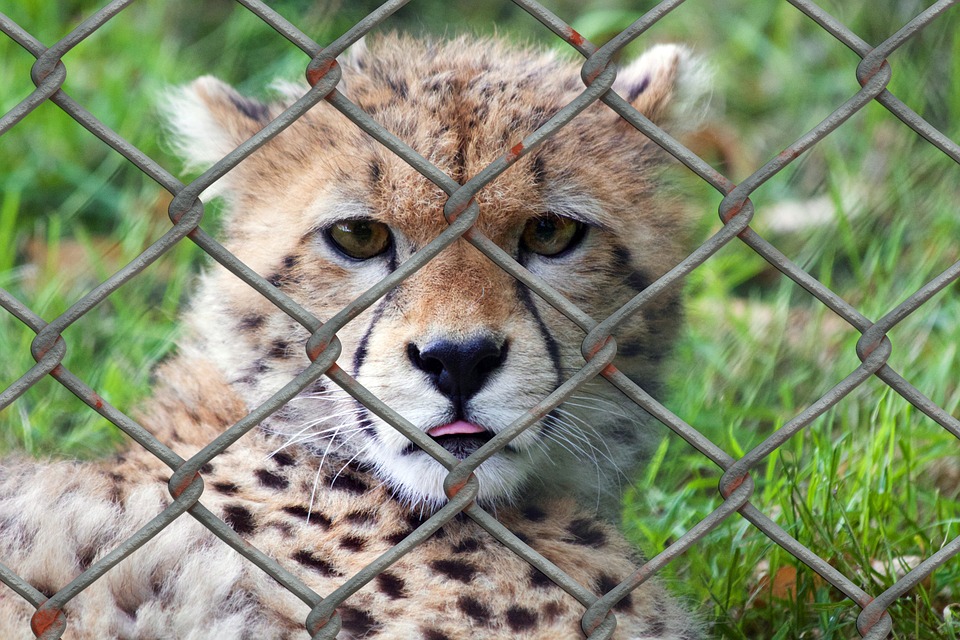
In April 2016, the animal park of La Pinède des Singes, located in Labenne (Landes) was placed in liquidation. With more than 100 macaques in Java, the park was faced with numerous failures since the beginning of the year : insufficient safety but also lack of space, problems of hygiene, total absence of prevention of diseases… A few Days later, we learned with relief that a buyer had come forward to redeem the land but especially the monkeys, for whom the future was very uncertain. But, a year later, it’s the cold shower ! No buyer on the horizon and the 160 macaques of Java are euthanized on May 19, 2017 because supposedly carrying a virus transmissible and dangerous for the man, Severe neurological risks in the event of a bite. Neither the region nor the prefecture have wished to contradict this totally disproportionate decision and respond to the appeal of several animal protection associations. The case of La Pinède des Singes is clause…
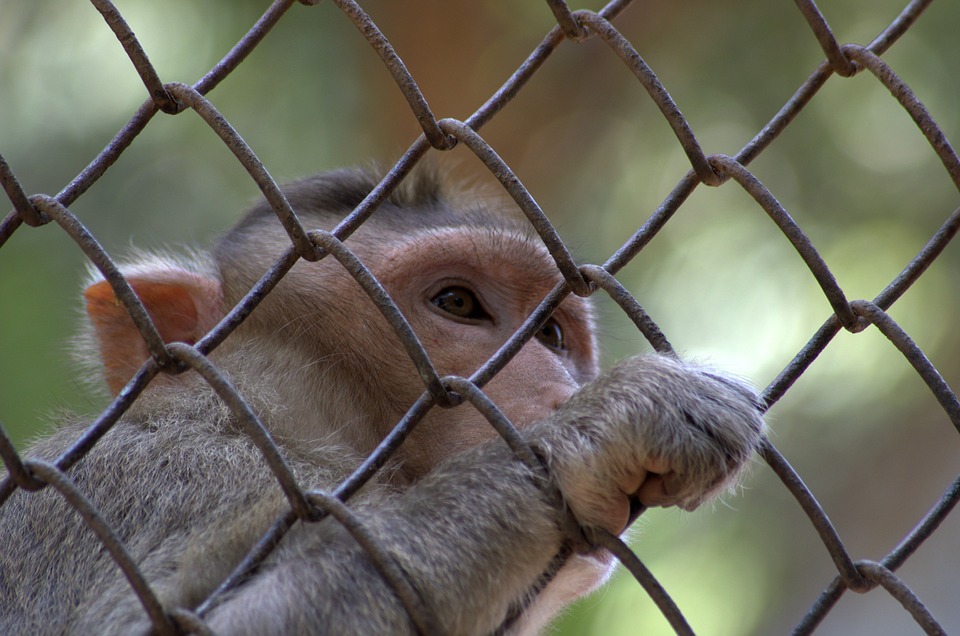
It will have allowed one thing : to put the question of zoos and animal parks back on the table. Too many of the institutions claim to act in the name of protecting endangered species. A noble goal, certainly, but why some of them favor the most popular species and those that attract the crowds ? The Chinese government, for example, is constantly renting giant pandas to zoos around the world for more than $ 1 million a year. Some wonder whether the money collected actually and fully serves the protection of this endangered species. But, besides economic issues, it is the ethical issues that are problematic.
Even under the best conditions, it is impossible to reproduce the natural habitat in which the animals live. They are then prevented from exercising most of the innate and vital behaviors such as running, stealing or being in the company of other similar species: deprivation of their most basic needs. Numerous studies have shown that wildlife suffers physically and mentally from captive life imposed on humans. Did you know, for example, that the birds had their wings cut to prevent them from flying ? Or that animals which naturally live in large flocks will find themselves alone, or at most two. Hunting and mating rituals are almost non-existent, Mental stimulation or limited exercise. These conditions often lead to destructive and abnormal behavior called “zoochosis”, a term constructed with the words “zoo” and “psychosis”.
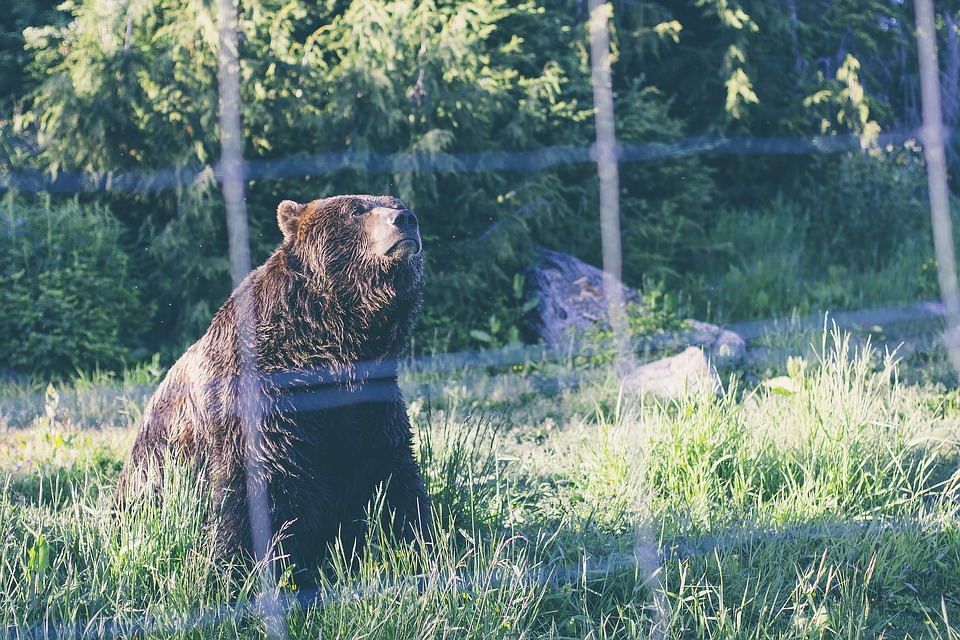
A comparative study by the University of Oxford has shown that polar bears, lions, tigers and cheetahs “show clear signs of stress and / or psychological dysfunction in captivity”. Another study of 4,500 elephants found that the life of an African elephant in a zoo is 17 years, compared to an average of 56 years for African elephants living in a nature reserve. The researchers concluded that “zoos are profoundly harmful to the viability of species”. A survey conducted in many establishments throughout the United States finally revealed that bears exhibit unusual behavior and signs of psychological distress.
Removing wild animals from their natural habitat is not only traumatic for them but also detrimental to their health… Should we not rather change our gaze and consider them as sentient beings rather than as a sum of money ? Will Endangered Species Eventually Be Saved ?
